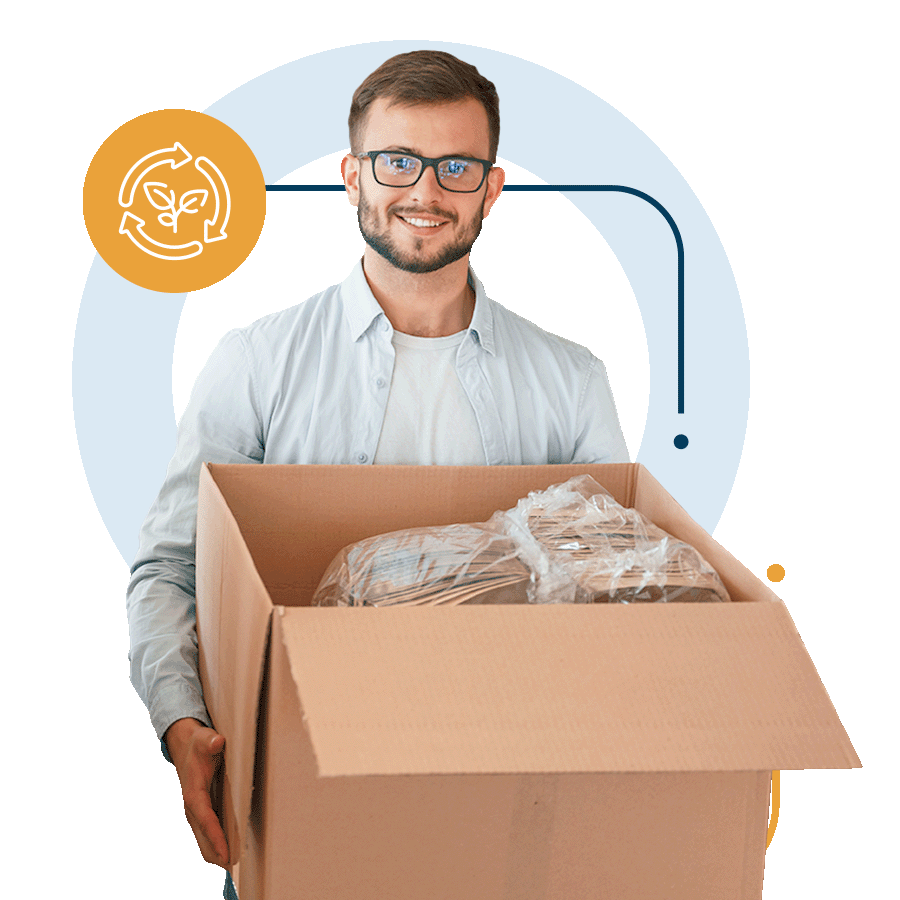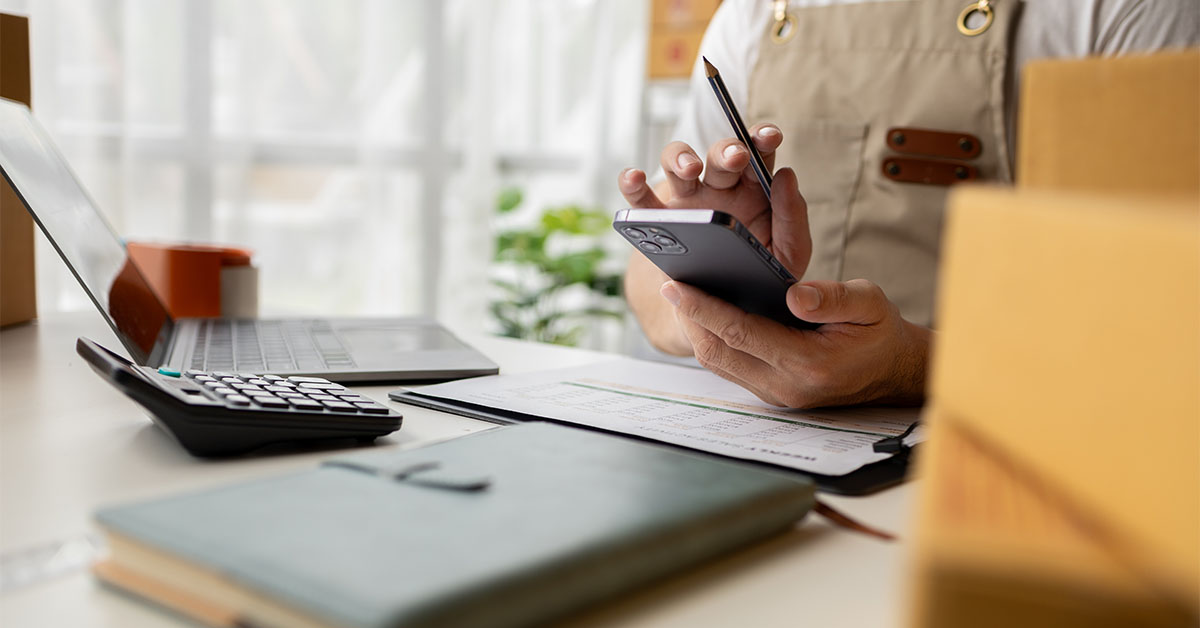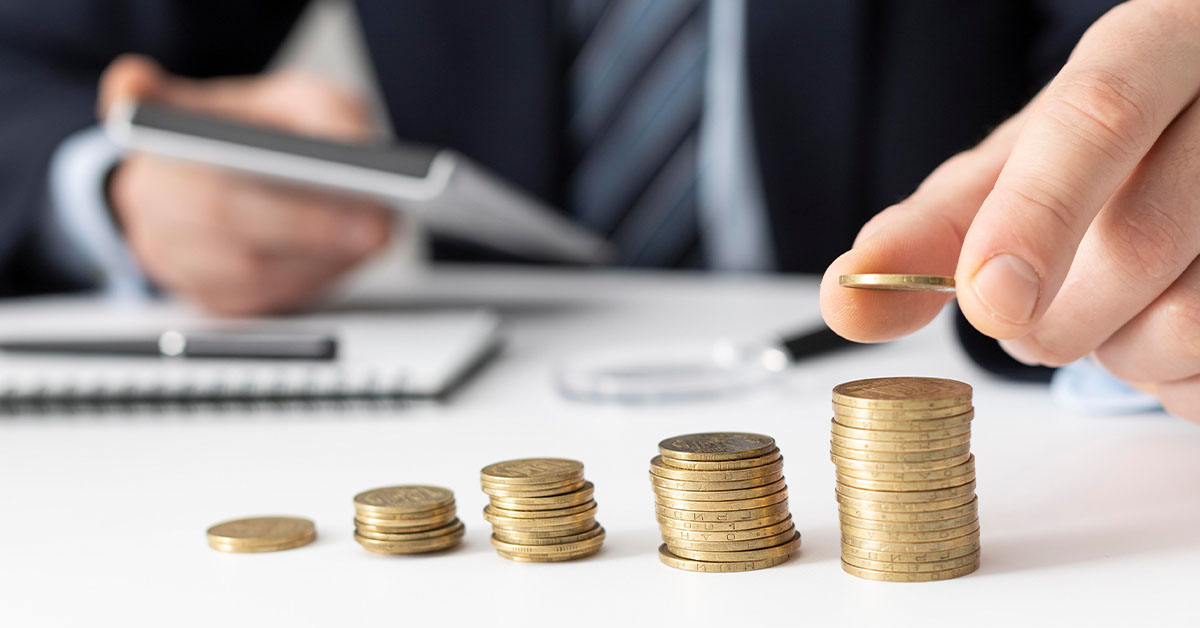EPR Registration
Extended Producer Responsibility (EPR)
for E-commerce Sellers
Your EPR navigator for eco-friendly e-commerce. AVASK has got your back – from understanding the ins and outs of EPR, to keeping your business compliant and green. Our expert team is here to lead you through the entire EPR journey.


EPR Registration
Your partner in environmental responsibility
E-commerce sellers need to comply with EPR regulations not only for environmental sustainability, but also as a legal requirement in many countries.
At AVASK, we’re here to navigate the ins and outs of EPR with you – ensuring your business remains compliant and environmentally conscious.
EPR Compliance
Remain compliant and environmentally responsible
We’ve got EPR compliance down to a science at AVASK. Our team makes sure your business is on the right side of EPR regulations in countries where you sell.
Whether it’s Germany, France, Spain, or Austria – we’ve got you covered.


Authorised Representation
Navigating EPR across borders
As your authorised representative, we’ll do the work so that you can stay focused on what really matters for your business.
Our team will handle all the paperwork, co-ordinate with the regulatory bodies, and make sure you’re in the loop about any changes in EPR legislation. You take care of business and we’ll take care of compliance!

“EPR (Extended Producer Responsibility) and the associated compliance with EU regulatory requirements would be a major headache if it were not for AVASK.
The AVASK EPR team in general… have been delivering a fast and effective service – always in a professional and friendly manner – since we first enlisted their support in 2022.”
– Noel Coburn | E-commerce Seller
Frequently Asked Questions

What is EPR?
EPR stands for Extended Producer Responsibility.
It’s a regulatory approach that makes producers responsible for the costs of managing a product’s packaging when it is disposed of at the end of its lifecycle.
What packaging applies to EPR?
EPR applies to all types of packaging, including plastic, glass, paper, and metal.
If your business supplies or imports packaged goods, you need to comply with EPR requirements.
What are the EPR data reporting requirements?
Keeping track of the waste your business indirectly generates is crucial to ensuring you are charged the correct eco fees based on your activity.
It is important to engage in internal reporting to effectively monitor and manage waste, to guarantee accurate billing for your waste disposal.













